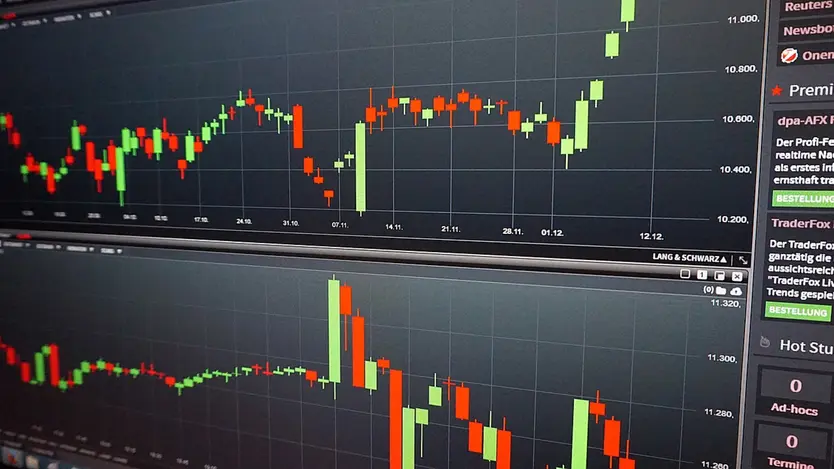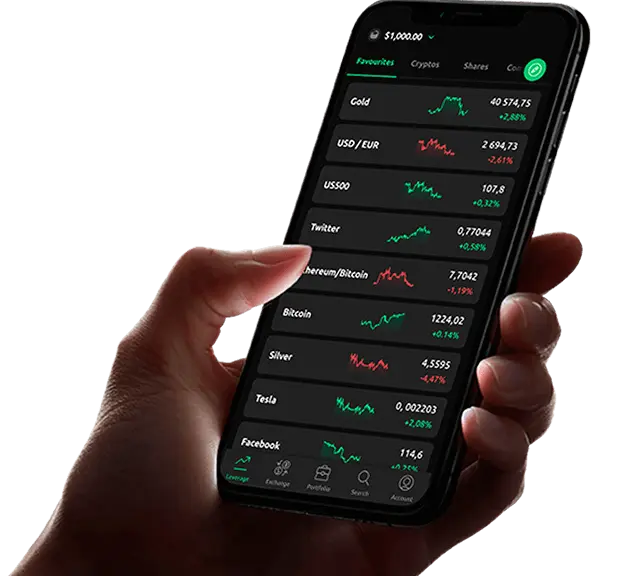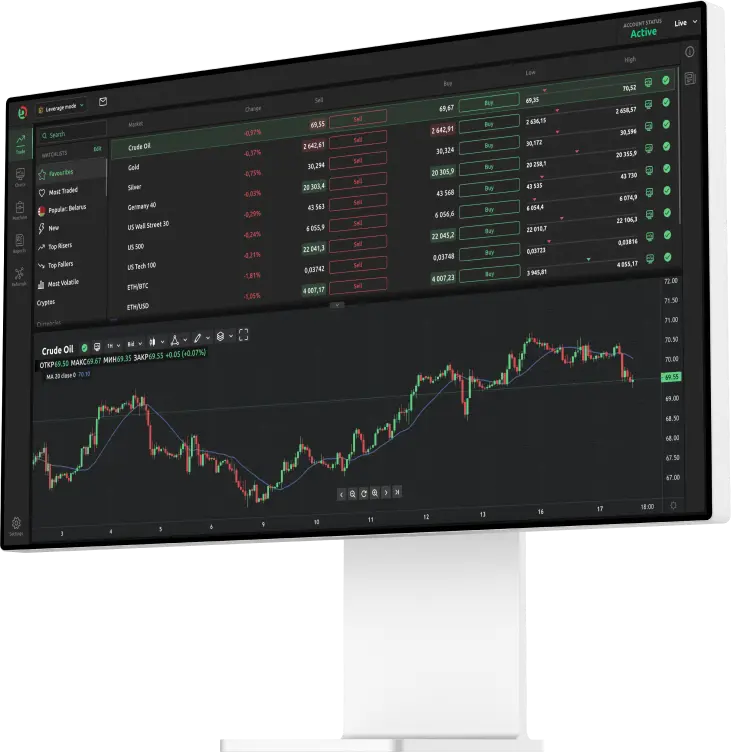The purchase of stock, currency or a commodity in anticipation that its value will increase

Long position explained
A long position is when an investor purchases an asset – such as a stock, foreign currency or commodity – in anticipation of its value increasing. Usually, once they have entered into this position, they will have no short-term plans to sell.
This strategy is exceptionally common. As well as being used by professional traders on Wall Street and in the City of London, everyday investors regularly acquire assets in the hope they will appreciate over time.
Pros and cons
Long positions are ideal for those who don’t want to constantly monitor market movements on an hour-by-hour basis. Usually, these investors accept that prices will fluctuate, but ultimately predict that their investment will grow over the long term.
There are some downsides to consider. Should a bear market arise – where prices fall by 20% from recent highs and continue declining – there is a chance that remaining in a long position could exacerbate an investor’s losses further. These time-consuming strategies can also mean that traders are unable to pursue other investment opportunities.
The difference between long and short
While investors who are in long positions own their stock, those in short positions do not. Those in short positions are often borrowing assets and selling them on the open market – often because they think that their value is going to fall.
Let’s take a look at a quick example of short selling, where one share in an electronics company costs $200. Kevin believes that this price is going to decline in the near future, so he borrows 100 shares from his broker and sells them on the open market. A fortnight later, the share price falls to $180. Kevin then buys those 100 shares back and returns them to his broker. Because he bought them back for $20 a share less, he makes a profit of $2,000.

